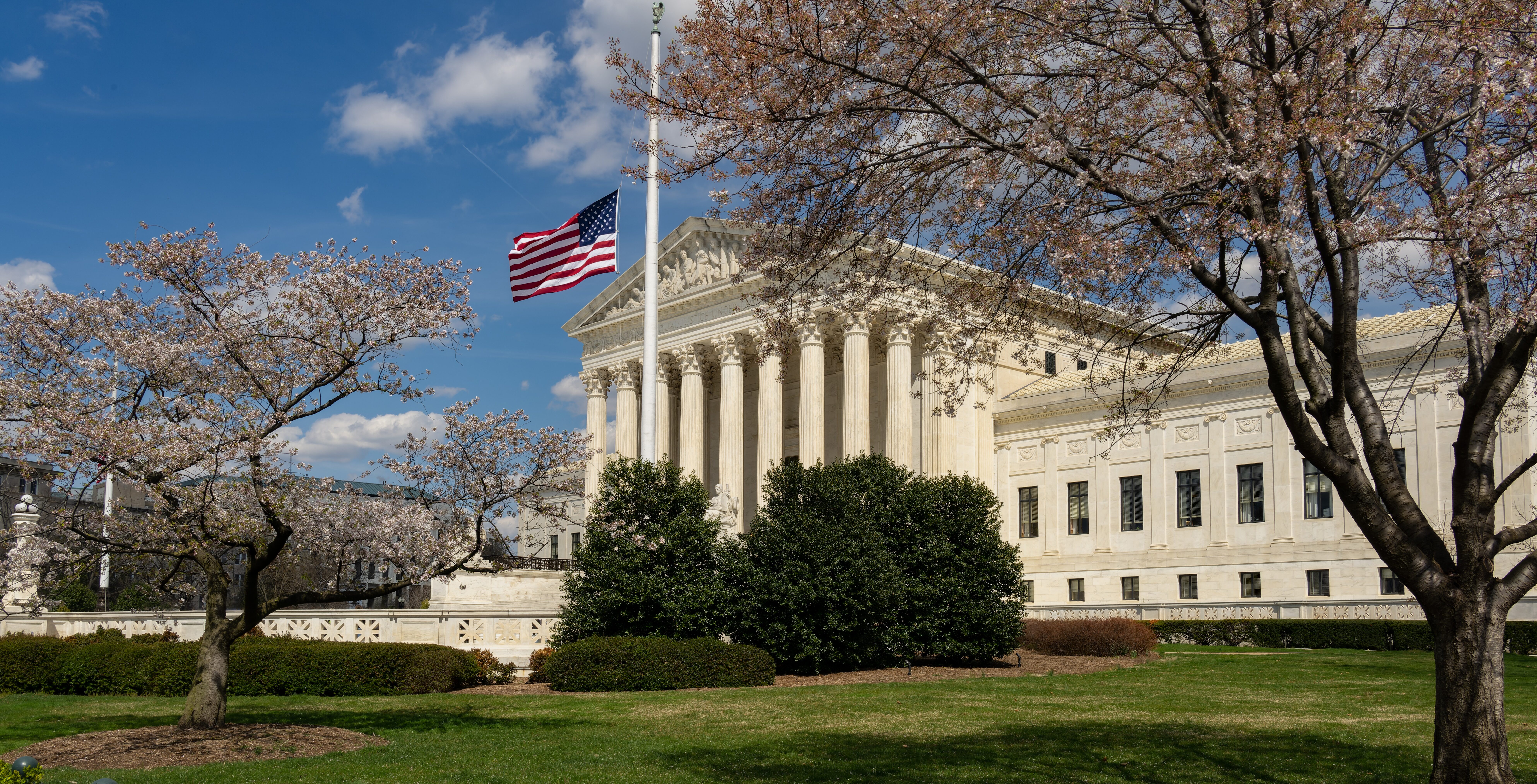Amid the continued battle against abortion restrictions across states, several states nationwide are allocating increased financial resources toward protecting access to reproductive health services.
Speaking to NPR, the National Institute for Reproductive Health President, Andrea Miller, detailed that the increased funding is an attempt to address the overturning of Roe v. Wade by the U.S. Supreme Court in 2022.
“We’ve seen unrivaled action across states and localities at the municipal level to bolster access to reproductive healthcare, and especially around abortion, as a really immediate and direct response,” NIRH President Andrea Miller said in an interview with NPR.
In total, at least six state governments and 15 municipal governments have allotted almost $208 million over the last year to pay for contraception, abortion, and support services for people people seeking abortions.
“We’re hearing from abortion funds and practical support networks that the requests they’re getting are astronomical, and they are so far beyond what they’ve ever been before,” Miller said.
However, despite this increase in funding from local municipalities and states, executive director of the National Network of Abortion Funds, Oriaku Njoku, recently shared that donations to many abortion organizations by individuals and institutional philanthropies have decreased over the last year. This decrease in donations comes as calls to abortion hotlines have increased.
“It’s this mismatch where the need is increasing, but the amount of support that’s coming in has not balanced out.” Njoku said in an interview with The Chronicle of Philanthropy.
She adds that the amount of growth was more than many funds ever had in their histories.
“But that money goes very quickly,” Njoku said. “As the energy around Dobbs and the donating started to dwindle, the need and the amount of work that goes into supporting people who are going to get abortions actually went up. My worry is this sense of complacency and people thinking, Oh, abortion funds got it.”
Njoku says many impacted organizations have just one staff member and are heavily supported by volunteer workers.
“Some have an average budget of less than $100,000,” Njoku continued. “We’re hearing this need for funding not just in the states that are restricted or have low or no access but even in the states that are taking on the brunt of this doubling or tripling of the amount of patients they were previously supporting. Now we have people from nearly half of this country traveling to other states to get care.”
